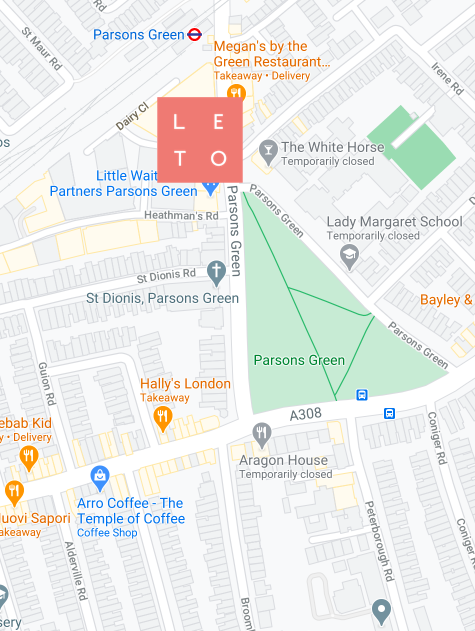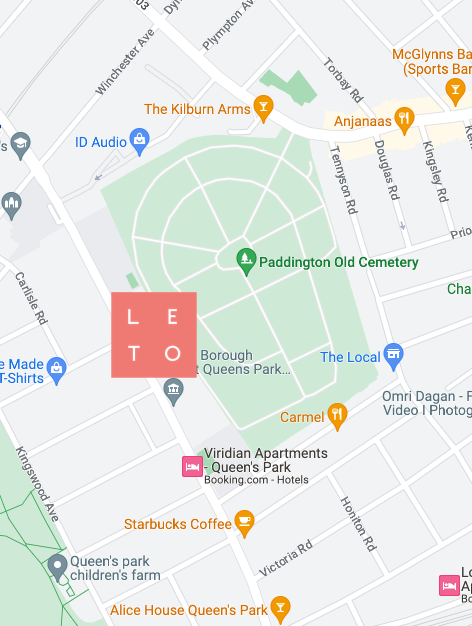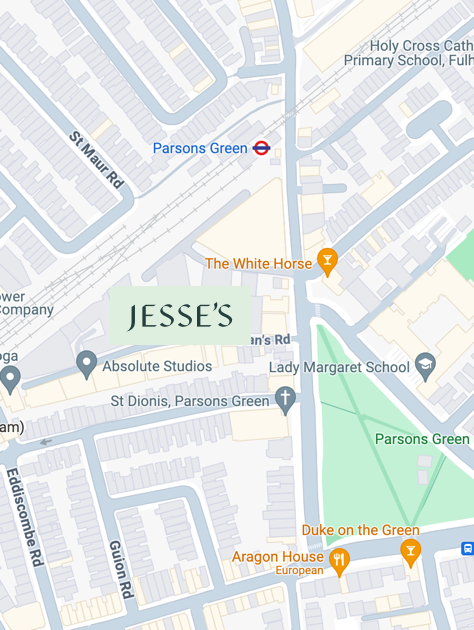
Close
Enquiry
Please see contact information below or complete the form and we will get in touch with you.

Parsons Green
3rd Floor Brigade House
8 Parsons Green
London
SW6 4TN

Queen's Park
2nd Floor
105-109 Salusbury Road
London
NW6 6RG

Jesse's House
8-10 Heathmans Road
Parsons Green
London
SW6 4TJ
Pelvic Pain
Pelvic pain affects up to 1 in 4 women, causing discomfort in the lower abdomen, pubic area, or coccyx. Pelvic pain can develop suddenly or persist long-term, often disrupting daily activities and overall quality of life. This pain can stem from various conditions such as urinary tract infections, ovarian cysts, pelvic inflammatory disease, endometriosis, constipation, irritable bowel syndrome (IBS), pregnancy, and hernias.
What We Treat: Pelvic Pain in Women
Causes of Pelvic Pain in Women
Pelvic pain is a common yet often misunderstood condition that can affect a woman’s daily life significantly. It can range from mild discomfort to severe, debilitating pain. Pelvic pain may feel sharp, aching, or constant and can impact both physical and emotional wellbeing. Understanding the root causes of pelvic pain is the first step in finding the right treatment and improving quality of life.
The most common causes of pelvic pain in women include:
- Urinary Tract Infections (UTIs)
- Ovarian Cysts
- Pelvic Inflammatory Disease
- Endometriosis
- Constipation
- Irritable Bowel Syndrome (IBS)
- Pregnancy
- Hernias
If you’re experiencing persistent or severe pelvic pain, it’s essential to seek help and address the underlying cause with the appropriate treatment.

Pelvic Pain Treatment Options
At our clinic, our highly trained pelvic health physiotherapists specialise in managing and alleviating pelvic pain. Our goal is to provide personalised treatment designed to restore comfort and enhance your quality of life. Depending on the underlying cause of your pelvic pain, we offer:
- Physiotherapy: Tailored pelvic health physiotherapy to address pain and dysfunction, restoring proper alignment and function.
- Breathing and Relaxation Techniques: Breathing exercises and relaxation methods to reduce muscle tension and manage pain related to pelvic discomfort.
- Lifestyle Changes: Advice on lifestyle modifications such as posture improvements and changes to daily activities to manage and reduce pelvic pain.
- Prescriptive Exercises: Targeted exercises to strengthen and improve coordination of the pelvic floor muscles, alleviating pain.
- Pain Management: In some cases, we may recommend pain management strategies, including medication, or refer you to other healthcare professionals for additional treatments.
assess > restore > transform
Pelvic Organ Prolapse & Symptoms Of Vaginal AgeingEnquiry
Please see contact information below or complete the form and we will get in touch with you.

